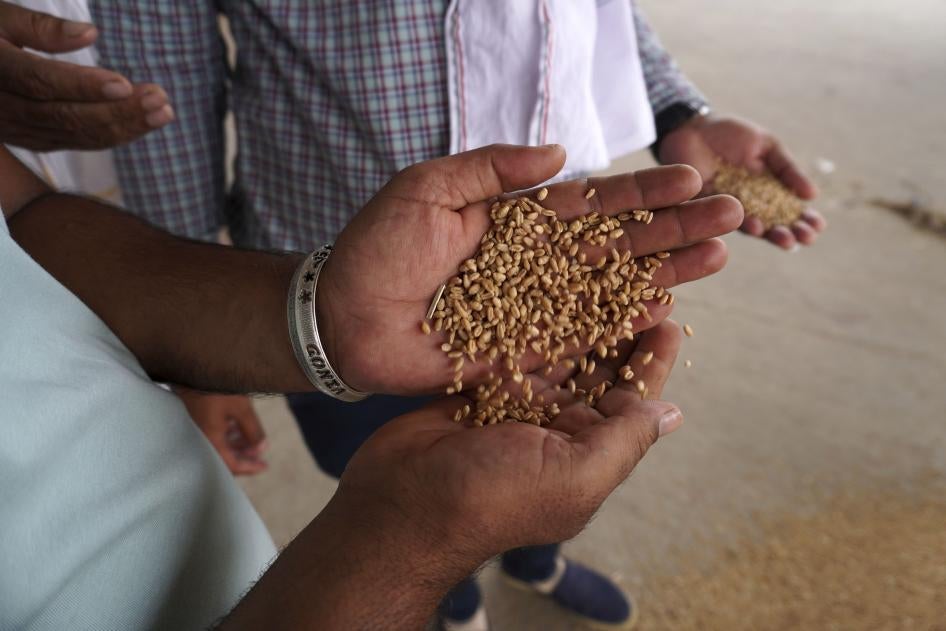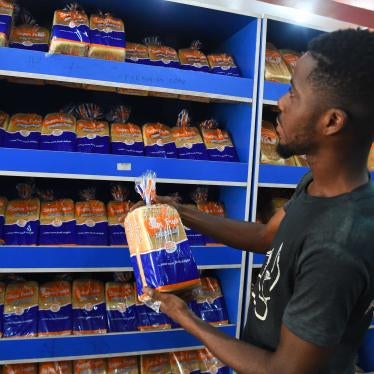The past week has been another reminder of the urgent need to build global food systems that treat food as a human right rather than a commodity.
On May 13, India banned most wheat exports to safeguard domestic food security for its 1.4 billion people, pushing the global price of wheat to record highs.
India is the latest country turning to export restrictions to cope with rising food prices fueled by the pandemic, Russia’s invasion of Ukraine, and climate change. In May 2021, Argentina banned beef exports to tamp inflation that reached 50.9 percent. Indonesia halted palm oil exports and Kazakhstan restricted wheat and wheat flour exports as local prices for these commodities soared. As of early May 2022, more than 20 countries had imposed food export bans.
On May 19, the United Nations Security Council met to discuss the global hunger crisis and on the same day a group of 35 UN states endorsed a statement by the United States urging member states to avoid export bans on food and fertilizer on the ground that they can worsen the global food crisis.
What was missing from the debate was a focus on access to food as a basic human right, and reflection on the underlying flaws in global food systems that feed volatility to begin with and leave governments with few good options to address rising food prices and prevent hunger.
Prices can only be partially explained by the actual availability of food, according to a report by the International Panel of Experts on Sustainable Food Systems. It concluded that the power of some producer countries and companies, lack of market transparency and regulation, as well as speculation drive up prices.
Systemic change to ensure people can access food will be crucial as climate change is expected to increasingly affect food insecurity and prices, and households in poverty are at particular risk.
Building rights-respecting food systems means making them more sustainable and climate resilient, better regulating markets, and ensuring affordability so that everyone can afford safe and nutritious food by investing in adequate social safety nets to protect people from hunger and poverty in times of rising food prices.
As of today, 874 million people in 92 countries do not have enough food. As the world becomes more vulnerable to shocks, it’s time to reimagine food systems based on rights so no one goes hungry.











